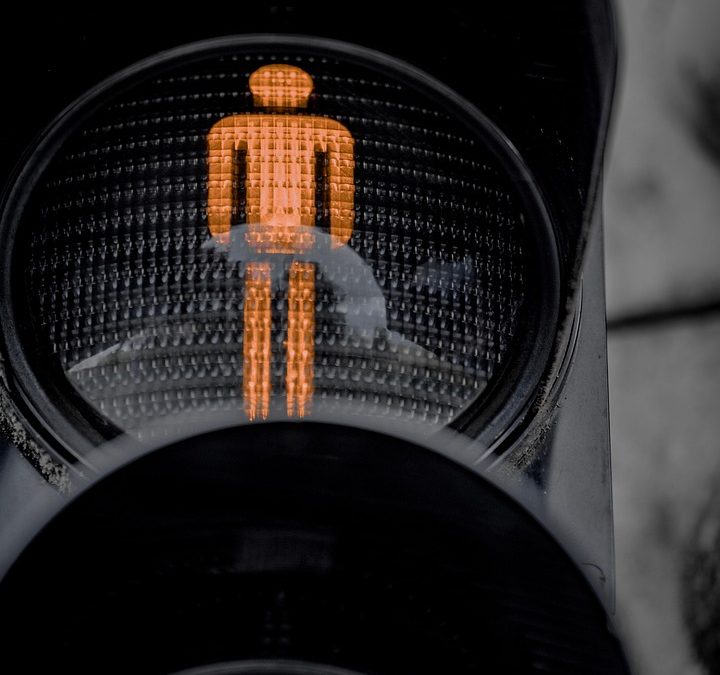Interactions with police can be intimidating, especially when you’re unsure of your rights. If you’re stopped while driving, you might wonder: Can police order you out of your car? The answer is not a simple yes or no. It depends on the circumstances and your understanding of the laws that govern police interactions.
When Can Police Order You Out?
Generally, police need a valid reason to stop your vehicle, such as a traffic violation or reasonable suspicion of a crime. If they have stopped you, they may ask you to exit your vehicle, but this doesn’t mean you must comply immediately. Under the Fourth Amendment, police are allowed to take reasonable steps to ensure their safety and the safety of others during a stop.
What Are Your Rights?
You have the right to remain silent and the right to an attorney, as protected by the Fifth Amendment. You also have the right to refuse an unlawful search of your vehicle or person. However, if police have probable cause to believe your vehicle contains evidence of a crime, they may search it without your consent. Remember, you don’t have to give consent to a search; if you do, it can be difficult to challenge the search’s legality later.
Here are some key takeaways to keep in mind during a traffic stop:
- Stay calm and respectful. Avoid arguing or becoming confrontational.
- Avoid sudden movements or reaching for items in your vehicle.
- If asked to exit your vehicle, ask why you’re being asked to do so.
- Politely ask if you’re free to leave or if you’re being detained.
- Remember, you have the right to remain silent and the right to an attorney.
The Fourth Amendment was designed to stand between us and arbitrary governmental authority. For all practical purposes, it ought to be made specific by the test of exclusion of evidence illegally obtained.
Remember, knowing your rights is crucial, but so is prioritizing safety and de-escalation. If you’re unsure about your rights or the validity of a police request, it’s better to err on the side of caution and politely ask for clarification. Stay informed about local laws and your rights, and always prioritize a safe and respectful interaction.
The information at Observed.Org may not pertain to every jurisdiction. It is YOUR responsibility to know your rights and observe them. Nothing here should be considered legal advice.

